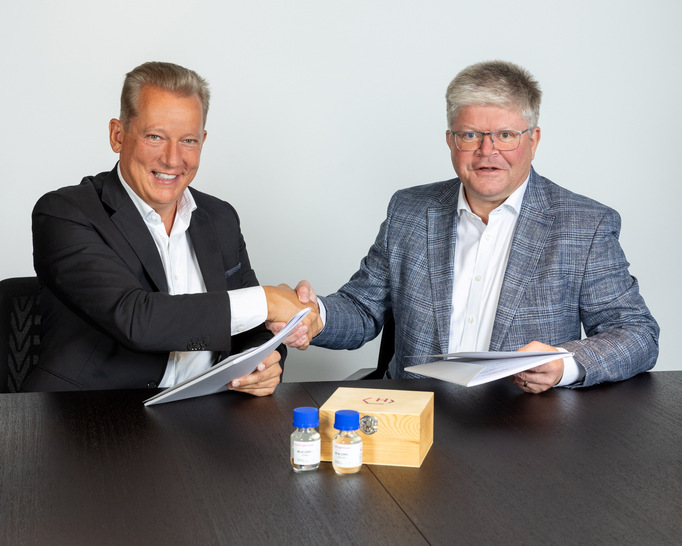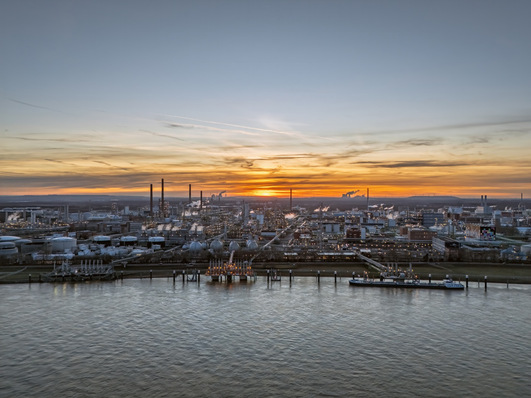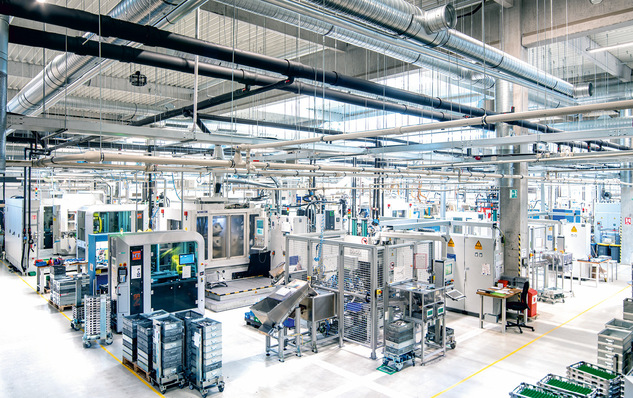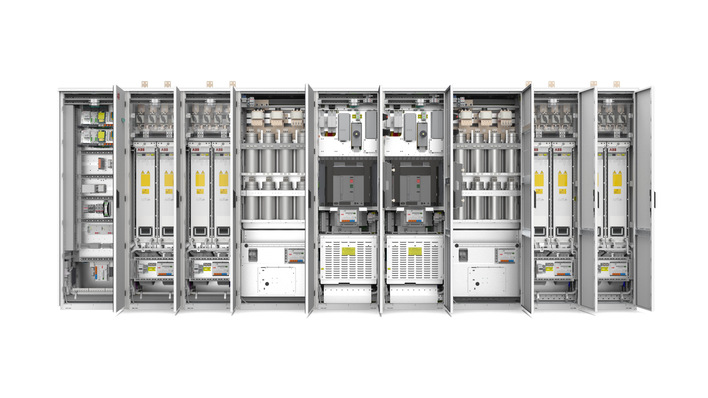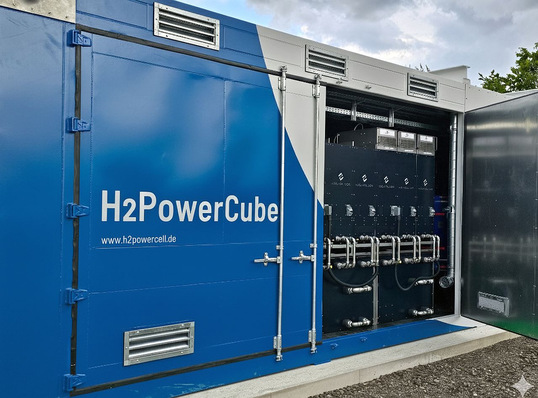Hydrogenious LOHC Technologies has signed a contract with the Griesemann Group for the Front End Engineering and Design (FEED) as well as the subsequent Engineering, Procurement and Construction Management (EPCM) for the "Green Hydrogen @ Blue Danube" project. The construction of the world's largest dehydrogenation plant for hydrogen from LOHC is planned on the site of the Bayernoil refinery in Vohburg on the Danube.
According to the company, the plant is expected to release up to five tonnes of RFNBO-certified hydrogen per day from LOHC. This corresponds to an annual capacity of around 1,800 tonnes of green hydrogen. This is intended to replace fossil hydrogen from natural gas in the refinery and save up to 16,000 tonnes of CO2 annually. A later expansion could, according to Hydrogenious, also contribute to the decarbonisation of other industrial plants in the Danube region.
Commissioning planned for 2028
The completion of the FEED phase is scheduled for the second half of 2026. After that, the Final Investment Decision (FID) is to be made. If the decision is positive, the construction and assembly phase will begin. The commissioning of the plant is planned for mid-2028.
The Griesemann Group was selected as an engineering partner as part of a tender process. The company, with over 1,750 employees at more than 40 locations in Germany, Austria, and the Netherlands, specialises in the planning, construction, and maintenance of industrial plants.
Part of a European-wide LOHC value chain
The planned release plant is part of the "LOHC Link" project, which represents a complete hydrogen value chain based on LOHC technology. A hydrogenation plant is already in operation at the Chempark Dormagen, where RFNBO-certified hydrogen is stored in LOHC. The new plant in Vohburg is intended to release this hydrogen and provide it to industrial customers.
Hydrogenious uses the thermal oil Benzyltoluene (LOHC-BT) as the carrier material. Transport is carried out under ambient conditions with tank trucks, as used for mineral oil products.
The "Green Hydrogen @ Blue Danube" project has been recognised by the European Commission as an "Important Project of Common European Interest" (IPCEI). It receives funding from the Federal Government of Germany and the Bavarian State Government.


